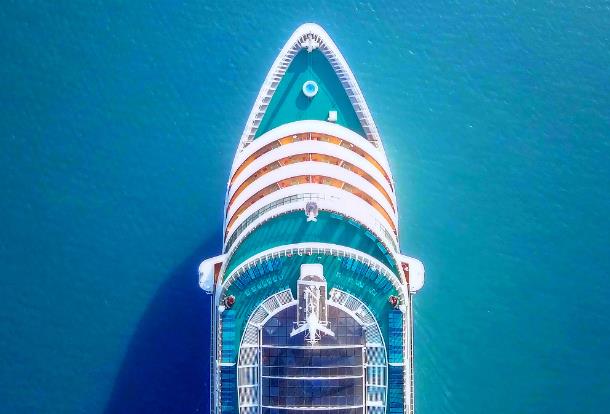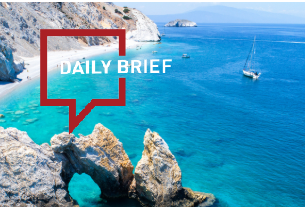02 July, 2007: The internet has now become a cornerstone of the travel industry in Europe. The explosive growth of online travel retail is forecast to continue apace, with the market increasing by 20% to $69 billion in the European Union between 2006 and 2011, according to Euromonitor International.
The arrival of Web 2.0 will further emphasise the internet´s role in the travel industry.
This evolution is the result firstly of consumers being overloaded with information and secondly, their increasing nonchalance towards advertising and marketing, prompting the rise of Consumer to Consumer (C2C) marketing through the use of Web 2.0.
Indeed, many consumers these days conduct their holiday research less through official tourism boards and companies´ websites and more from websites such as virtualtourist.com, where members can post local information about what to visit and avoid.
Facebook is an example of a Web 2.0 generation website that has social networking as its core. It allows users, through an application called Trips, to hook up with other fellow members and plan future trips.
Tripadvisor is one of the original and most popular Web 2.0 travel sites with user- generated content, such as comments by travellers on the quality of hotel accommodation, and also allows them to post videos of the very rooms that they were staying in.
Starwood Hotels is a big champion of combining C2C marketing and Web 2.0 by posting a link to an unofficial website starwoodlobby.com, started by two Starwood customers, that has unofficial reviews of Starwood´s properties via a link to their website on Starwood´s official website lobby.com.
Starwood Hotels has also created virtual versions of its Hot Hotels in Second Life, where customers can go to view and feedback on a blog on the yet to be completed hotel.
Furthermore, through Second Life companies are able to attract a different consumer segment that does not go to travel fairs or travel agencies. For example, the Maldives Tourism Board allows potential customers to visit a virtual version of the Maldives.
Gratistours, a German travel agency, also allows its virtual potential clients to check out its travel offers and interact with other customers who are on the same site to find out more.
Travel and tourism companies are just beginning to discover the importance of Web 2.0, which is the next stage in the evolution of the internet, taking it from being solely an information and commerce platform to this new networking phase.
By understanding the importance of C2C networking and building this into their online strategies, travel companies will build brand loyalty through repeat visits and consumer interaction.




